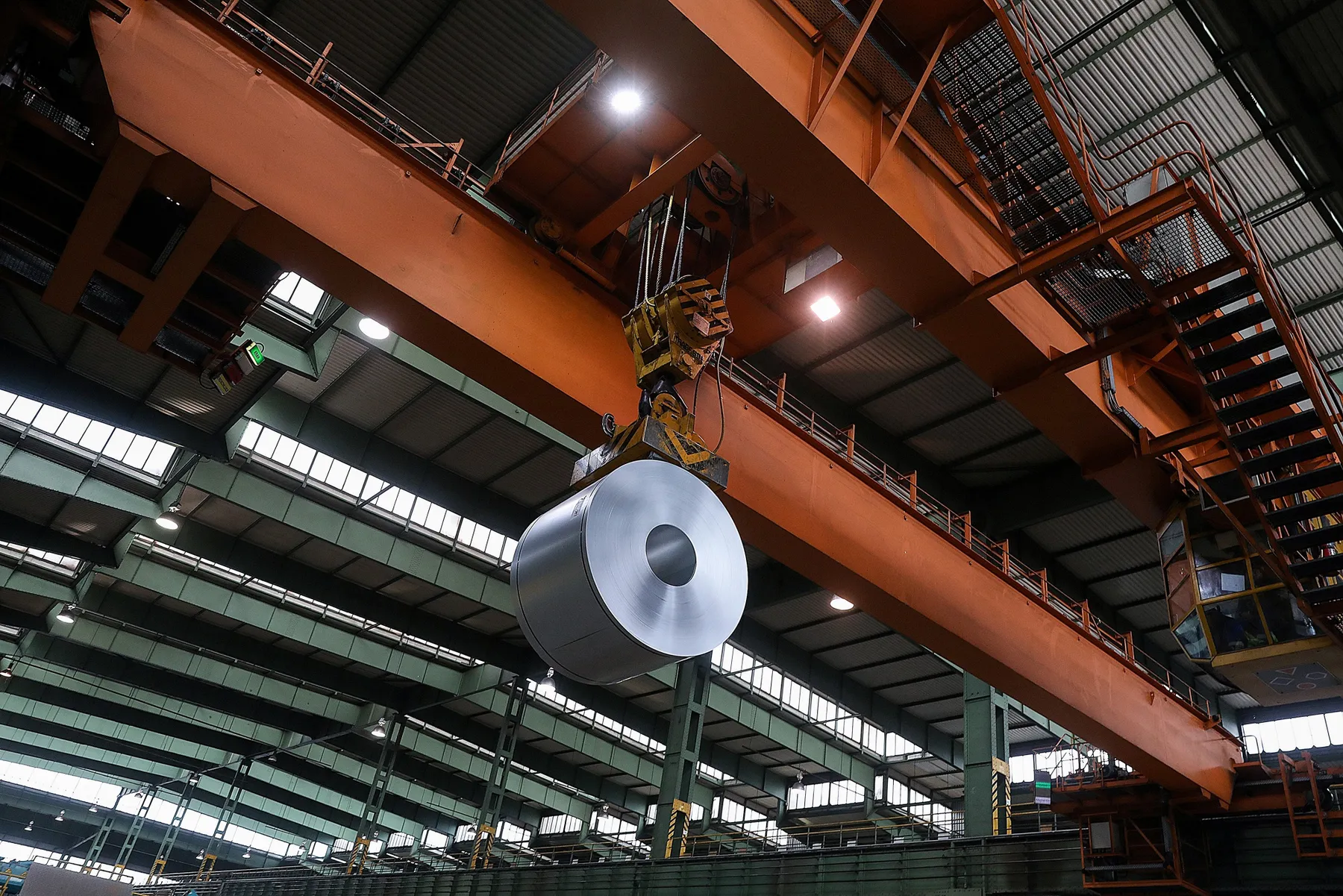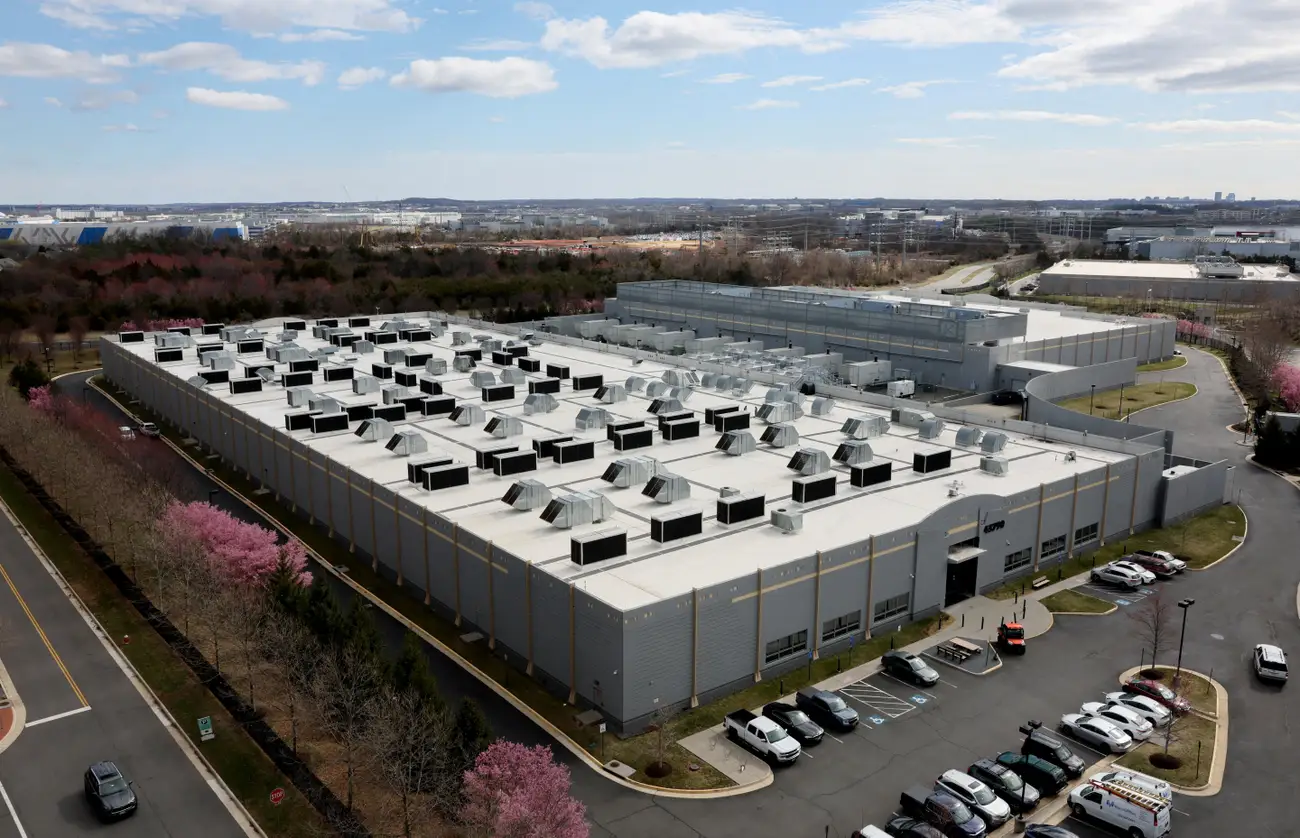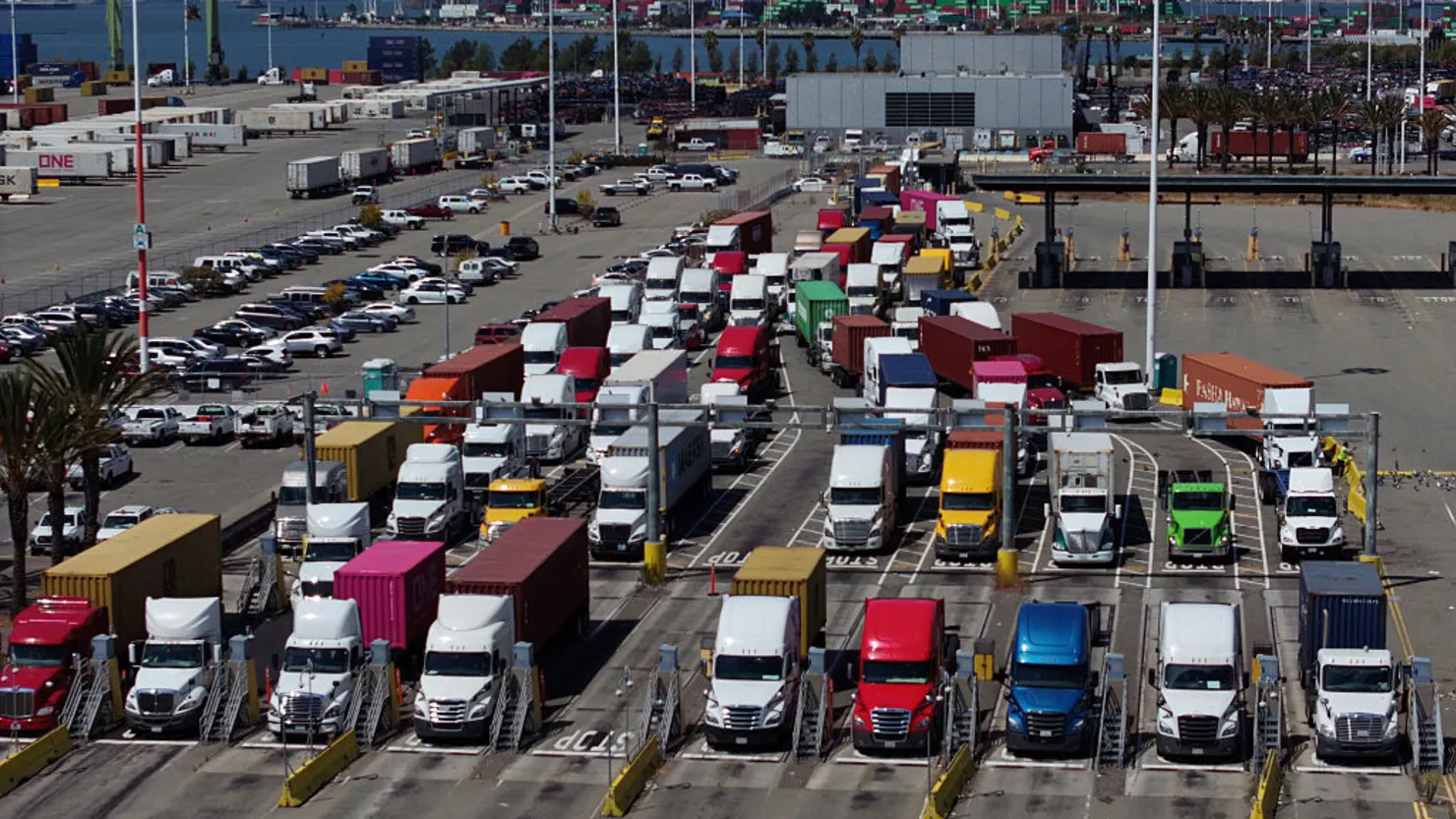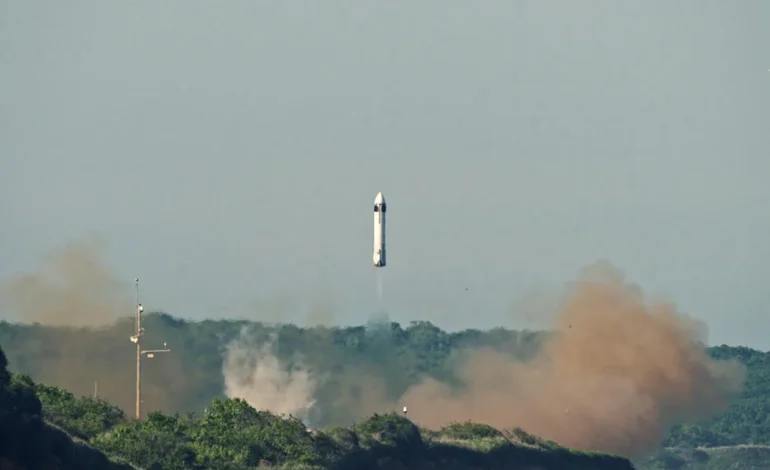Honda, Japan’s second-largest automaker, has successfully conducted a test flight of an experimental reusable rocket, marking a significant step in the company’s efforts to diversify into the commercial space industry, CBS News reports.
The test, which took place on June 17 on the northern Japanese island of Hokkaido, involved a six-meter (approximately 20-foot) prototype vehicle. The rocket reached an altitude of nearly 300 meters (about 984 feet) and landed just 37 centimeters (a little over one foot) from its intended target, according to a statement released by the company on Tuesday.
This is the first time Honda has successfully landed a rocket after a powered vertical flight—an achievement it sees as foundational to its long-term goal of suborbital launches by 2029.
“Honda has chosen to take on the technological challenge of developing reusable rockets by utilizing technologies amassed in the development of various products and automated driving systems,” the company said.
Honda also cited growing demand for satellite launch capabilities, driven by the expanding need for data infrastructure in outer space.
While Honda is best known for its vehicles and robotics, its entry into aerospace follows a broader global trend of private-sector innovation in spaceflight. The field is currently led by firms such as SpaceX, which has revolutionized the industry with its reusable Falcon rockets.
Reusable rockets are considered essential for reducing the cost of access to space and enabling more frequent missions. Honda aims to develop launch systems that can support satellite-based communications and environmental monitoring applications, such as tracking climate change indicators.
Japan’s national space agency, JAXA, has been working toward establishing a presence in the international satellite launch market with its non-reusable H3 rocket. In parallel, private Japanese firms are also attempting to carve out space within the sector. One such firm, Space One, has faced setbacks, including a failed rocket launch in December.










The latest news in your social feeds
Subscribe to our social media platforms to stay tuned